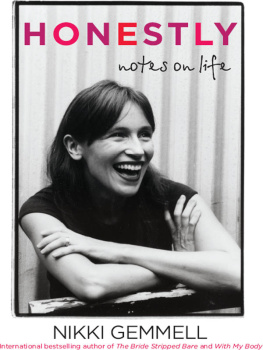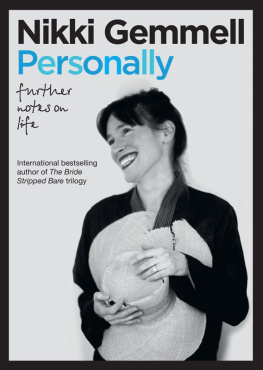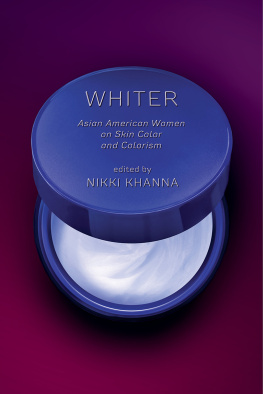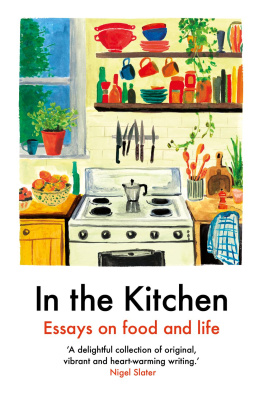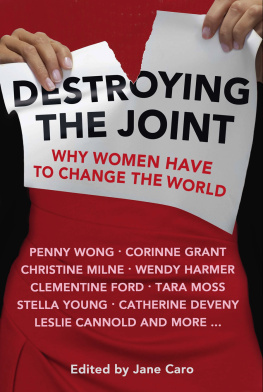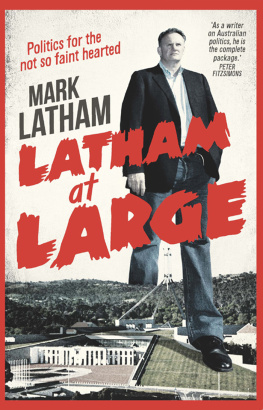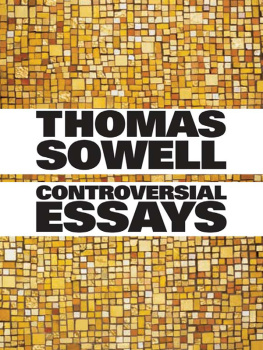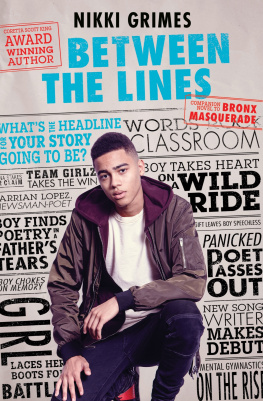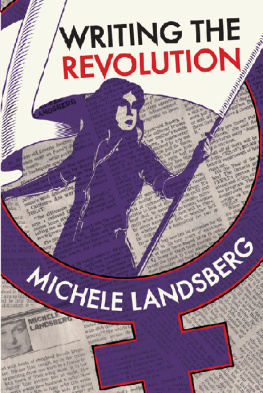The right of Nikki Gemmell to be identified as the author of this work has been asserted by her in accordance with the Copyright Amendment (Moral Rights) Act 2000 .
This work is copyright. Apart from any use as permitted under the Copyright Act 1968 , no part may be reproduced, copied, scanned, stored in a retrieval system, recorded, or transmitted, in any form or by any means, without the prior written permission of the publisher.
Acknowledgment is made to the Weekend Australian Magazine , where many of these columns were first published.
Gemmell, Nikki.
Honestly : notes on life / Nikki Gemmell.
So here it is, dear reader. A jostling, an exuberance, a provocation, a tumbleand a tease of columns, all from the Weekend Australian . But wait,theres more! Some extra essays, just for this book, because I couldnt resist. Plussome expansions on the most popular columns those most requested weeks, months later because frankly Im always chafing at the bit with the pinch of TheOz s rigorous word limit and seized the chance to write more, more!
What becomes a columnist most? For me, its uncertainty. Hallam Walker Davis wrote in hisjournalism handbook of 1926, The Column : there is one good thing thatall columns have, and have in abundance. That thing is the individuality orpersonality or ego of the columnist. If this indefinable thing ispleasing and positive and challenging, the columns success is assured. Yet with me, Ifeel my works marked by bewilderment, vulnerability, as much as anything. I write tounderstand. It feels like theres a lot of questioning and frustration inAustralia right now; that the voice of regular people is often not being articulated, is beingdrowned out by the shouters, the affronted, the haters, the furious. My columns are making a standagainst all that, presenting another way. Turning things upside down and shaking them, sometimesvigorously; but with decorum and soul and lets just say gentle probings rather than rants.Max Harris, writing in the 60s and early 70s, described a columnists role astrying to define what is happening in the Australian ethos at any given moment, and inestablishing what it means The columnists job is to see the wood despite the dailytrees.
My mantra is E.M. Forsters epigram: Only connect. Not with sneer or rage orputdowns, but with honesty. Most of all that. Theres no shying away from my own weaknesses,embarrassments, confusion, because Ive learnt that its a way of connecting,powerfully, with the reader. I found with my own fiction The Bride StrippedBare and With My Body in particular that telling the truth canbe enormously liberating, viscerally aligning. I want my words to be remembered, tussled with,lingered over, tucked in the journal and the heart. And because by trade Im a novelist whoaspires to have a unique writing voice and who uses poetry as her tuning fork, there must be beautytoo. So a novelists shaping, honing, crafting, goes into these weekly offerings. And the aimwith all my work is audacity, above all. Daring. A few hours toil with both fiction andnon-fiction can leave me feeling like Ive run a marathon: the shoulders are aching, the minds depleted, drained. But I wouldnt want to be doing anythingelse.
The tradition of the columnist, stretching back to the mid 19th century, is to be cheeky,vigorous, splenetic, irreverent, sometimes even going against the editorial grain of the institutionthat so graciously, generously carries you. Oh yes, Ive filed more than once with heart inmouth, thinking, Well, this is it. It was great while it lasted. But never once havethe powers that be at The Oz demanded changes, and only occasionally does mysaintly magazine editor, Christine Middap, suggest softenings or tweaks. Rather than echoing theofficial voice of the newspaper, I stand alongside it; dare I say, at times, counter to it.Heres to a robust plurality of opinion, and being given the space to express it! Readersoften express their astonishment, and in The Australian of allplaces. It makes me laugh. I do wonder how long I can get away with it.
The start of every week is held hostage to the deadline. So, what will itbe about this week? It was easy at first but is becoming more challenging, as the months gallop on,to be consistently fresh yet varied. Every Sunday night theres a little clench of anxiety asa topic starts to float to the surface, harden. Mondays a rush of words and researching,sometimes involving a dive back into 30 years worth of notebooks as that elusive quotewritten down somewhere in the late teens, the twenties, is retrieved. Or perhaps not. Deadlinelooming, Ive got to crack on. A skeleton of a piece firms in the laptop, usually about twice the required word length, is fleshed out, rearranged, then comes thehoning. Again and again, brutally. So many words tossed out!
The aim is to have the piece done and dusted by Monday night, but more often than not Tuesdaymornings spent on final polishing then filing and oh, the blessed relief of the sendbutton. Free! Because then my mind can uncurl, can dwell within the novelists world ofdreaming and shaping and creating. Its a very different world: one thats needy,sensitive, greedy; it demands a lot of thinking time. I took on the non-fiction gig with The Australian under strict instructions to self that this new way of beingmustnt bleed too heavily into the fiction domain. Still working on that bit. Sometimes, comeWednesday, I just have to tumble into bed at midday because Im so buggered (did I mentionthere are four kids in the mix, also?).
A dream, on occasion, is of Jeffrey Barnards famous excuse in TheSpectator when four simple words signalled, yet again, his columns absence:Jeffrey Bernard is unwell. Bob Considine wrote an entire column in 1973 that consistedof: I have nothing to say today. Well, I dont quite have the confidence to dothat, suspect it wouldnt be allowed, and havent quite run out of ideas yet. But allsuggestions are most welcome. Often a piece is sparked at the school gate; mates or the headmistresswill say, Ive got a column for you, and off theyll go, all of usthrowing in our two bobs worth, me digging into the handbag for a docket or a parking ticketto scribble notes down before it all slips away. I hugely appreciatereaders suggestions; some of them on difficult mothers, on bratty kids havebeen the flint that sparks a flame that becomes a column. I love engaging with TheAustralian s readers, except the haters. (Note to the sour-spirited: youre theones usually ignored. I just dont read you and, despite what you want, Im not going tostop writing.) But for the vast majority of people who take advantage of that email address at thebottom of my weekly piece, Im so grateful for the tips, musings, affirmations and ideas yougive me with such graciousness and generosity. Even when you disagree with something Ivewritten, if you do it civilly, Ill always listen. And perhaps even get an article out ofit.

